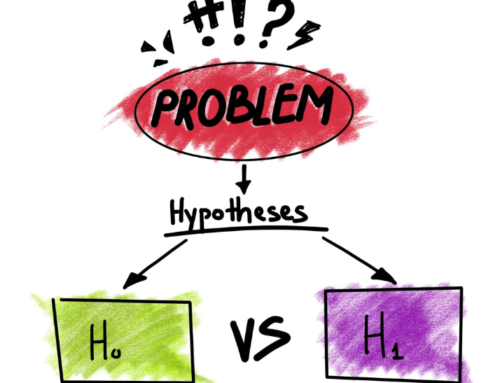It’s All About Your Frame
March 25, 2020
Categories: Perspective
Sometimes we don’t understand the powerful effect of framing, or how we think about the events in our lives. We have little control over external circumstances, but we have almost complete control over how we think about or understand those circumstances.
The Example of the Bird
Here’s a simple example that happened to me the other day. On Saturday morning, I woke up to a bird chirping outside my window. At first, I was pissed. Saturday is one of my only days to sleep in, and I was looking forward to a leisurely morning. Instead, I was up at 7:30am listening to that stupid bird.
For some reason, at that moment, I tried to shift my frame. Instead of viewing the bird as an annoyance, I thought about the fact that even though I live in the city, I have nature, green space, trees, and birds around me. There was a part of me that even felt lucky to have the bird chirping outside my window.
Shift the Frame
It was a strange shift. The weird thing was, I could go back and forth between the two perspectives. I could actually consciously make a shift from annoyance, to gratitude, and back to annoyance again. The external circumstance stayed the same—what changed was my frame.
Most of the time, however, our framing happens unconsciously. We don’t even think about it—it just is. But I think we have more power to change our frame than we realize.
Here’s a quick exercise to help you shift your frame. The next time you are upset about something, try to break apart the different parts of the reaction in your mind. Write them down if it helps you.
What Happened?
First, what is the external circumstance? In other words, what happened? Don’t let your perceptions come into the picture at this point. Only write down what a video camera would have recorded.
Initial Frame?
Second, what was your immediate reaction? What was your initial way of framing the situation?
Alternate Frame?
Finally, can you think of another way to frame your situation? Perhaps a way that is more positive, or leads you toward gratitude? It’s okay if this way of framing the situation seems a little strange at first. The point is just to come up with another way to frame it.
Action Step
Do this exercise each time you find yourself having a reaction or getting upset. Little by little, you will develop a habit to switch your frame and interpret your external circumstances more positively.

Related Thoughts

Subscribe To My Newsletter
Join my mailing list to receive the latest blog posts.
Receive my e-book “The Mental Health Toolkit” for free when you subscribe.



